07/19/2022
Top 10 most reliable Audi models

Audi is one of the German automobile industry giants. In the 1990s, the Volkswagen Group started a mission to turn Audi into one of the most likable luxury manufacturers.
Today, Audi is well known for vehicles that share the same level of image, engineering, and technology as BMW and Mercedes-Benz. However, this time, we've decided to discuss Audi cars in another light – reliability.

Afraid of buying a wreck?
Check any VIN to learn a vehicle's history!
How we made this list
The longevity of any car is determined by a number of factors, including engineering and maintenance. In order to ensure we’re being objective with our list of the most reliable Audis, we based it on data from J.D. Power, RepairPal, What Car?, and other respected vehicle dependability studies.
How reliable are Audi cars?
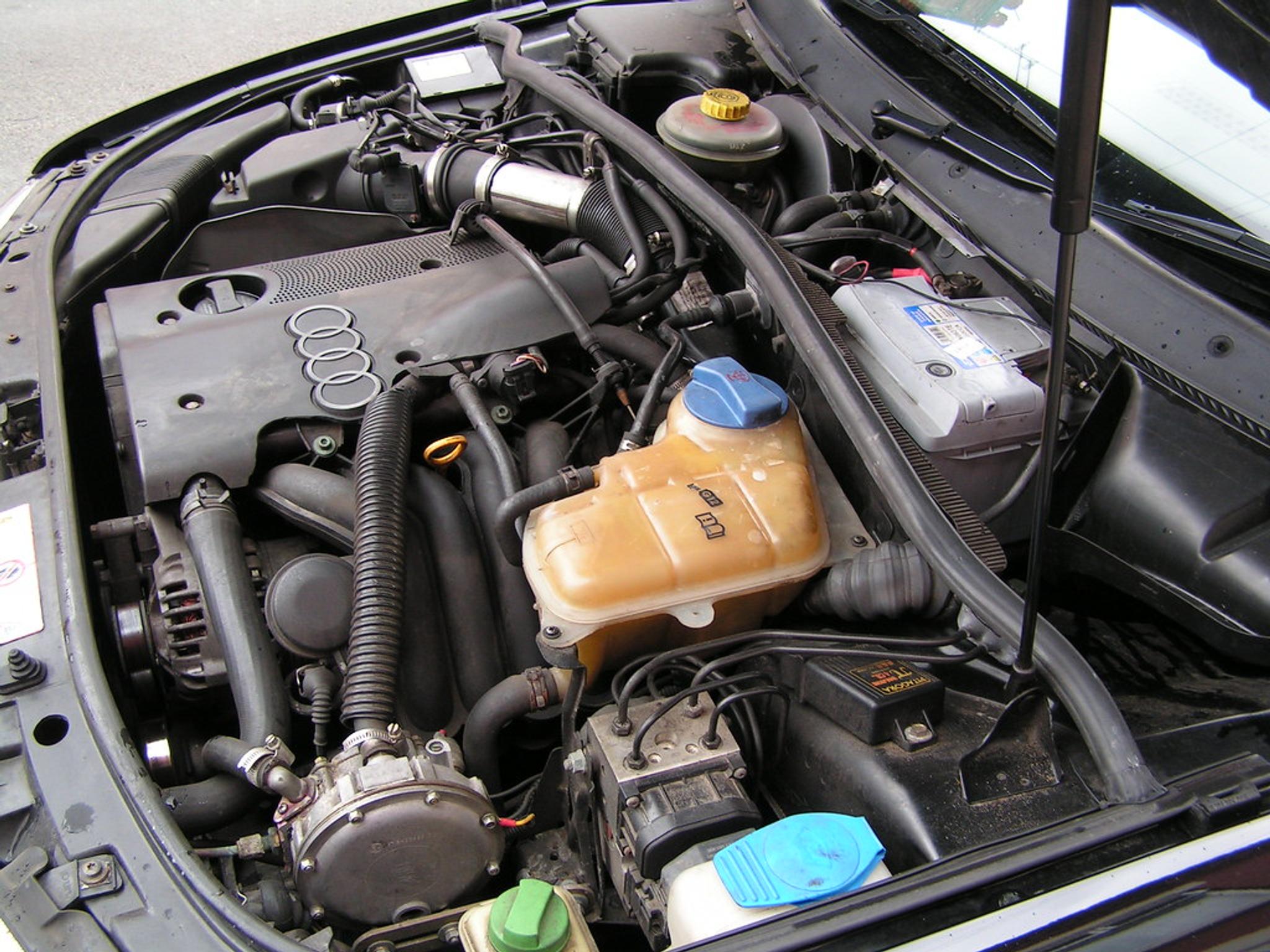
From the early 1980s to the late 1990s, Audi was among the most reliable German car brands. Its models were beautifully engineered, had a whiff of quality, and offered an excellent maintenance cost to reliability ratio.
However, those days are gone. Because of the complexity of its engines, transmission, and other components, Audi isn’t among the most reliable vehicle manufacturers anymore – the dependability of its cars is average at best.
With modern Audis, it's all about maintenance – if you're willing to invest in maintenance, they will serve you well for a long time. Otherwise, not so much.
Which 10 Audi cars are the most reliable?
10. Audi R8 (4S)

Audi's ambition to create a competitive supercar was applauded by many, as it brought something very different to the manufacturer’s roster.
Although ordinary supercar owners require drama and other silly things, the Audi R8 is also a vehicle for grownups. The design, power, and engine sound are among the strengths of the second-generation Audi R8, but also, it doesn’t suffer from the usual supercar fragility.
The biggest issue known to date is that the V10 engine is not immune to carbon buildup in the intake ports and valves. Furthermore, owners report problems with the intake manifold due to either the runner flaps sticking open or closed. Moreover, the R8 has issues with the Magnetic Ride suspension. Owners complain that the damper fails at low mileage and is quite costly to replace.
9. Audi Q3 (8U)
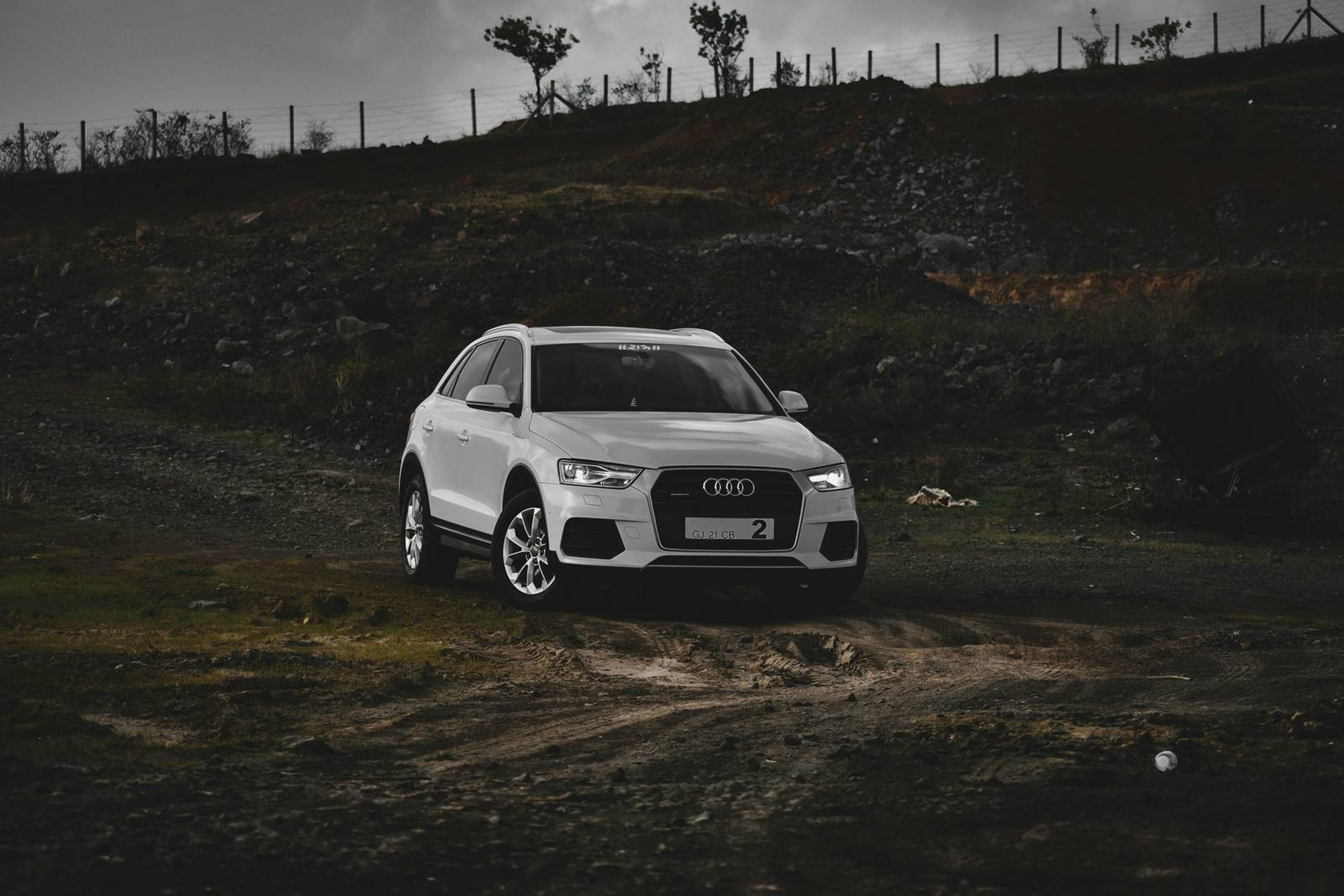
Audi Q3 was one of the first compact luxury crossovers on the market, aiming to lure buyers with class-leading refinement, a high-quality interior, and other desirable features, including Audi’s all-wheel drive Quattro system.
Another great characteristic of the Audi Q3 is its reliability (by the marque's standards). In the annual What Car? dependability studies, the Q3 consistently ranked in the middle overall and near the top in the family SUV class, which is high praise.
Owners usually complain about failing sensors and malfunctioning multimedia systems. Petrol engines also have a few issues, including worn-out timing-chain tensioners and leaky water pumps.
8. Audi Q5 (80A)

For several years, luxurious crossovers like the Audi Q5 were global bestsellers, outselling more traditional models. The second-generation Q5 has everything buyers want – a smooth ride, a classy cabin, and the best build quality available. Few rivals can match this combination.
With that said, in this competitive segment, the Audi Q5 has one flaw – a below average level of reliability. RepairPal rates the latest generation of the Q5 as having a reliability rating of 3.0 out of 5.0, or 11th out of 14 in the category of luxury crossovers.
The Q5 received this relatively low rating because of its 2.0-liter four-cylinder engine’s problems with the timing chain and tensioner, excessive oil consumption, and leaky fuel pump flanges. Moreover, owners complain about electrical glitches and automatic gearbox issues. Expect these troubles in vehicles with a higher mileage.
7. Audi RS4 (B9)
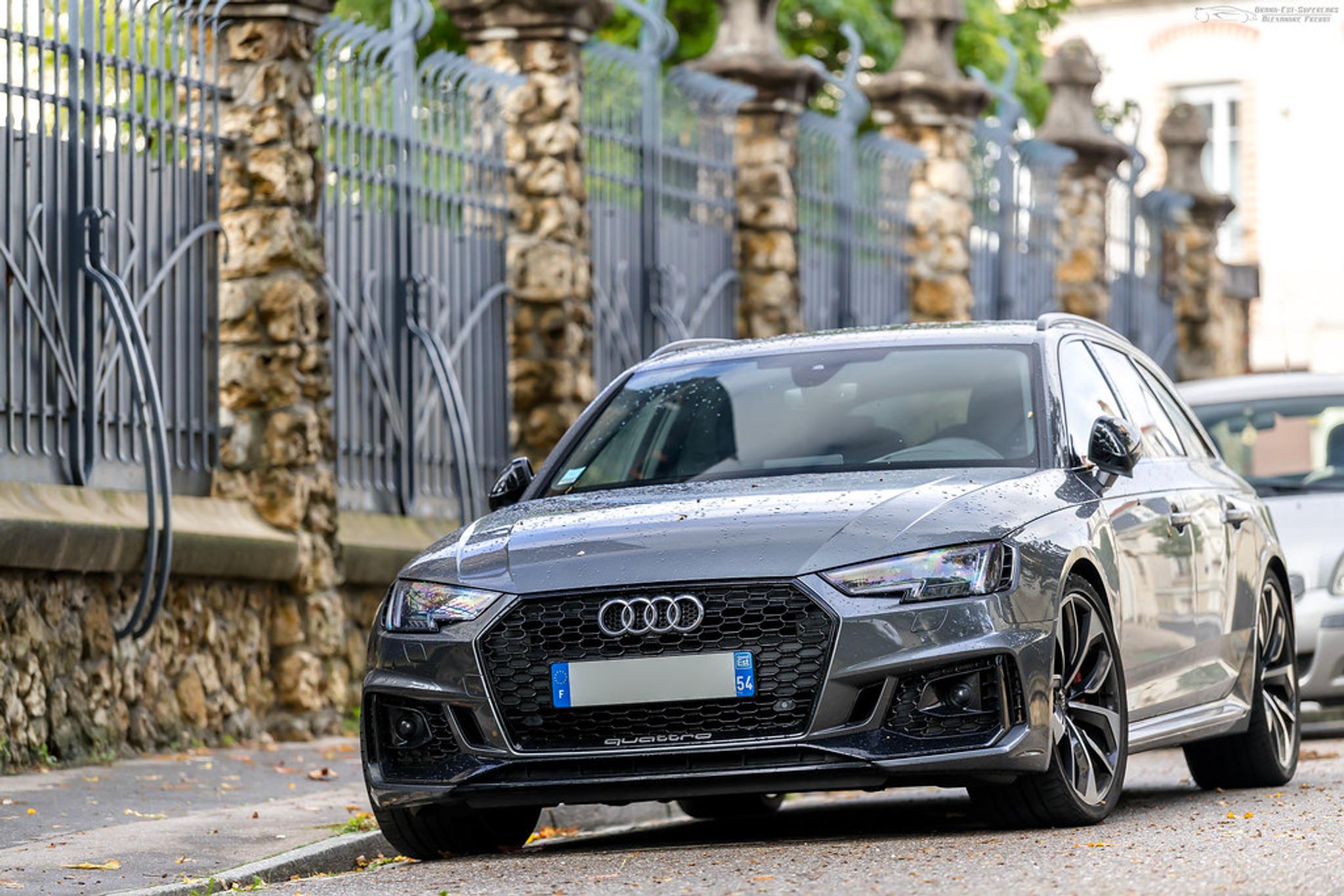
Your partner, kids, and dogs will praise Audi's comfort and practicality. While sitting behind the wheel, you will be in awe of the RS4's blistering yet accessible performance and agility. A practical and fast wagon could be a dream car for many enthusiasts worldwide. However, the Audi RS4 has a few niggles that can become annoying.
Owners reported that the V6s used in the Audi RS4 are known for issues with stuck thermostats. These engines also have problems with faulty camshaft sensors, which could end up destroying the engine. And the last worrying issue is gearbox oil leaks. While they’re not common, every owner should be aware of them.
6. Audi A8 (D4)

Instead of pursuing the agility of the BMW 7-series or the expensive technological advancements of the Mercedes-Benz S-Class, the A8 has always offered a classic approach to what the company’s flagship should be. The A8 is comfortable and extremely refined, with exquisite engine options. But that’s not all.
Technically, it’s a greatly improved evolution of the previous generation model, built using well-known but updated engines, transmissions, and technology, meaning Audi created the most reliable A8 to date.
Owners of the A8 usually complain about leaking windshields or sunroofs, stuck MMI screens, and other minor electrical gremlins. However, bigger issues occur with air suspension systems. As usual, height sensors and faulty air compressors are at fault, while air springs should withstand at least 120.000 miles without needing replacement.
5. Audi Q7 (4M)
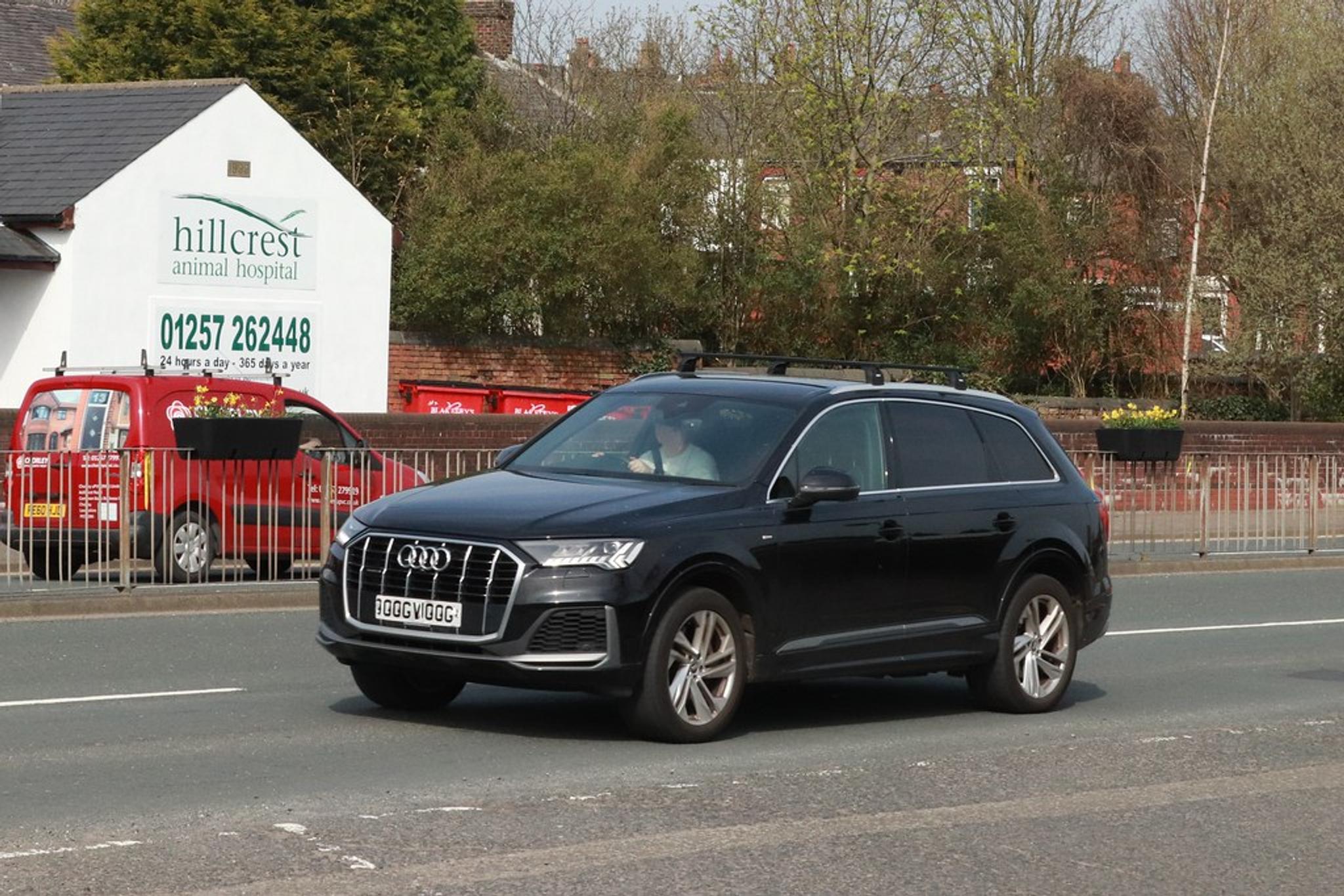
This second- generation full-size SUV became a massive success for Audi, especially in markets that enjoy luxury vehicles like the Q7. It offers an outstanding interior, a modern infotainment system, and a spacious seven-seat arrangement.
Moreover, the Q7 is one of the most reliable luxury SUVs. In the What Car? reliability study, this seven-seat SUV scored an overall reliability rating of 96.6%. According to data, only 13% of the Q7s have developed any faults. Comparable models like the BMW X5 and the Land Rover Discovery have 22% and 38% fault rates, respectively.
Even though the Audi Q7 offers better reliability ratings than other SUVs in this class, the Q7 has problems with ignition coil packs, worn cv boots or purge valves, timing chains, and fuel pumps.
4. Audi A6 (C6)

At the start of the new millennium, Audi pushed to become an equal player in the luxury car market, and the third generation of the Audi A6 certainly cemented the overall image and expectations of Audi vehicles.
It was praised for its build quality, comfort, class-leading interior space, and Audi’s trademark Quattro four-wheel drive system. These qualities stand out even today because the C6 outperforms its successors in terms of reliability.
In What Car? study, both the newer generation models (C7 and C8) finished as the least reliable mid-size luxury cars, while the C6 received praise for its reliability.
However, it does have specific issues, which vary depending on the engine and the mileage. High-mileage cars could suffer from malfunctioning sensors, thermostat failures, and oil leaks due to worn-out valve cover gaskets. Moreover, if the car was used in the winter, it’s very good practice to look for rust spots all over the body.
3. Audi A4 (B9)

Offered both in sedan and wagon forms, the Audi A4 excels in many areas, such as perceived quality, mechanical refinement, and great performance. However, its real-world economy and yawn-inducing handling slightly spoil the overall impression.
In the J.D Power vehicle dependability study, the A4 scored a reliability rating of 82 out of 100. This is a great result that puts the German sedan right next to dependable cars like the Kia Stinger, Lexus IS, and Mercedes-Benz C-Class.
Like most modern Audis, the A4 has issues with the thermostat housing and transmission pan leaks. Also, it’s essential to check the PCV valve (engine oil separator), which could be stuck in the closed or open position due to normal wear and tear. Moreover, according to the What Car? reliability study, the vehicle battery is the biggest issue with the A4, followed by non-engine electronics.
2. Audi TT (8S)

After three successful generations, Audi's sports coupe has everything you may want from such a vehicle: distinctive looks, the latest gadgets, an extensive range of engines, and high reliability.
iSeeCars analysts analyzed over 11.8 million used cars sold in 2020 to pinpoint vehicles still being driven with (or over) 150,000 miles on the odometer. In the sports cars category, 4.3% of the Audi TT cars had a mileage of 150,000 (or more), which is 2% more than the other affordable sports car – the Ford Mustang.
With such a high percentage of cars with a lot of miles on the clock, the TT seems like a reliable Audi. However, there are some things to take into account when it comes to maintenance. Perhaps most importantly, we’d advise you to ignore the manufacturer's cam-belt changing recommendations.
TT owners and Audi specialists insist it should be changed every 60,000 miles, despite Audi's recommendation of 80,000 miles. Also, the water pump has a lifespan of only around 60,000 miles as well.
1. Audi A3 (8V)

The third-generation A3 is an ideal compact hatchback (or small sedan) in the used vehicle market.
This premium model features efficient engines, an impressively balanced chassis, a classy interior, and the latest gadgets. Also, it’s the most reliable Audi you can buy.
The A3 got an impressive 93.6% reliability rating in the What Car? reliability study, outclassing the Volvo V40, Ford Focus, and even the Honda Civic.
While the A3 offers better reliability than other Audis, it does have few widely known problems. For example, owners report the turbocharged petrol engines tend to have issues with engine oil consumption. If you want to keep future maintenance costs low, keep an eye on the oil level, and take appropriate action if the oil consumption reaches 1 to 2 liters per every 600 miles.
You should also take care of the Haldex pump (if your A3 has the Quattro system), water pump, wheel bearings, and suspension mounts.
Is it difficult to maintain an Audi?
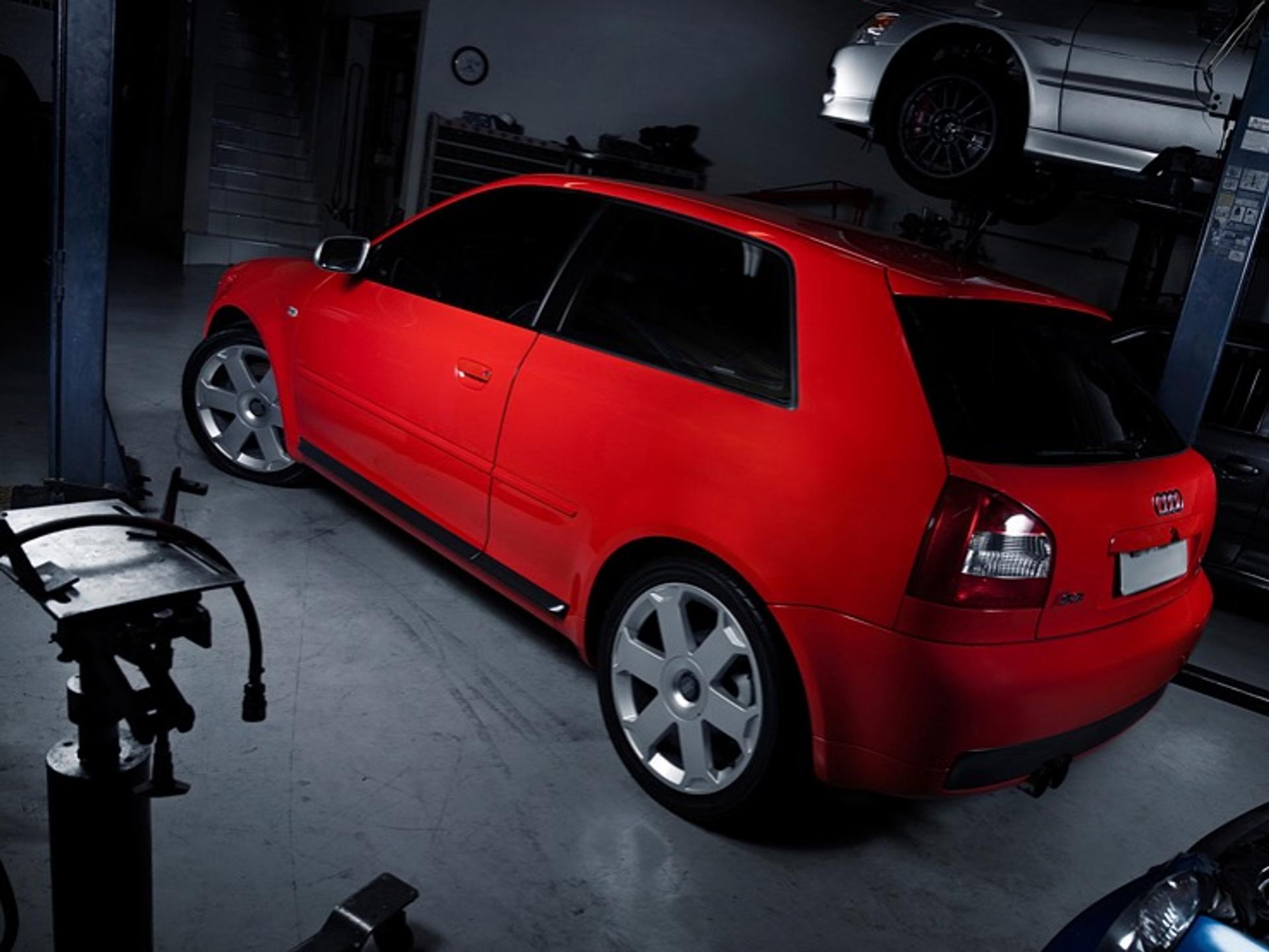
Audis are not challenging to maintain but neither are they cheap: quality parts are pricey and complex. The manufacturer is also known for requiring the use of special tools, making vehicle maintenance more complicated and, of course, more expensive.
3 things you must do when owning a used Audi
- Never skip an engine oil change. Depending on the usage of your vehicle, change the engine oil every 8,000-12,000 miles. This is a cheap and reliable way to improve longevity.
- Use quality parts. There’s a wide choice of spare parts but be cautious and use components made with quality in mind. For example, Continental, Lemforder, Corteco, TRW, and Meistersatz produce high-quality parts.
- Entrust your car to a professional. Search for an experienced mechanic or workshop that specializes in Audi vehicles.
Get a vehicle history report to improve your chances
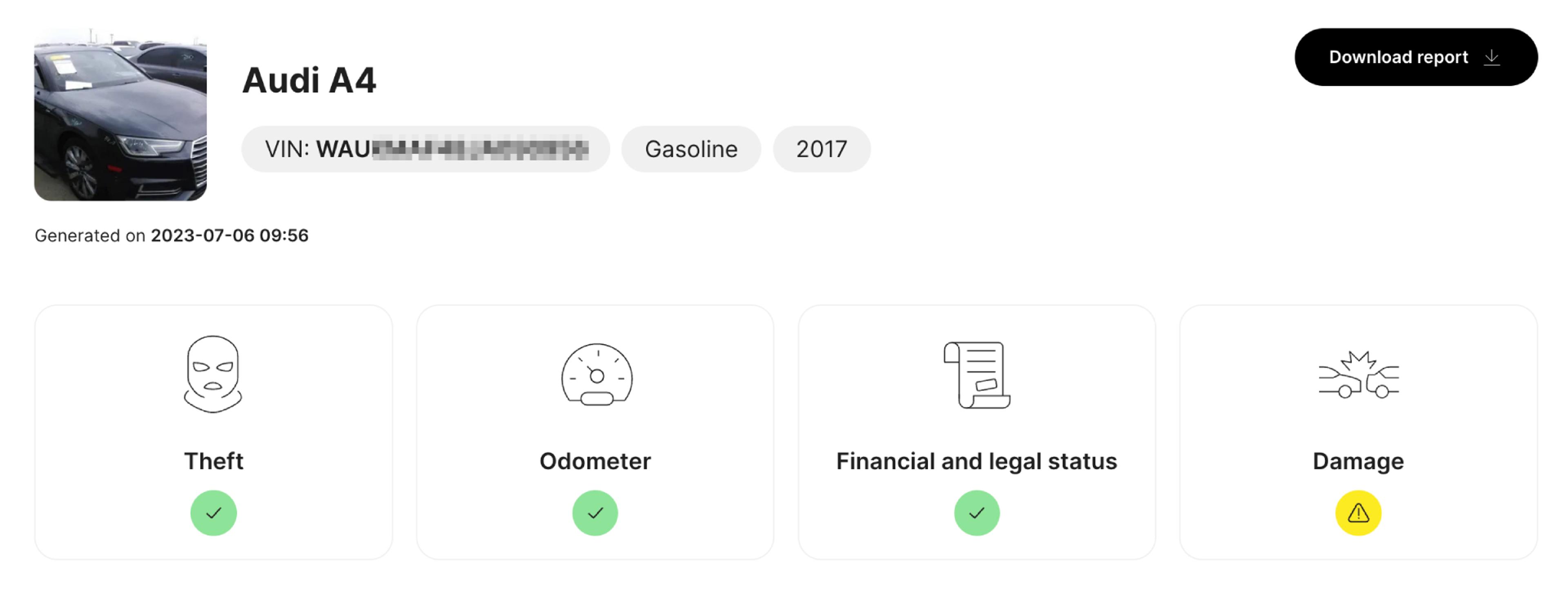
As we mentioned earlier, keeping an Audi in good condition can be costly, even if it's serviced regularly, but imagine how bad used Audis are if they’re not maintained properly?
Luckily, you can learn the history of any car and inspect its past damages with a few clicks. Enter a vehicle identification number into our VIN decoder and learn all there is to know about the car, including its odometer records, damage history, original specs, and more.

Check your VIN
Avoid costly problems by checking a vehicle's history. Get a report instantly!
